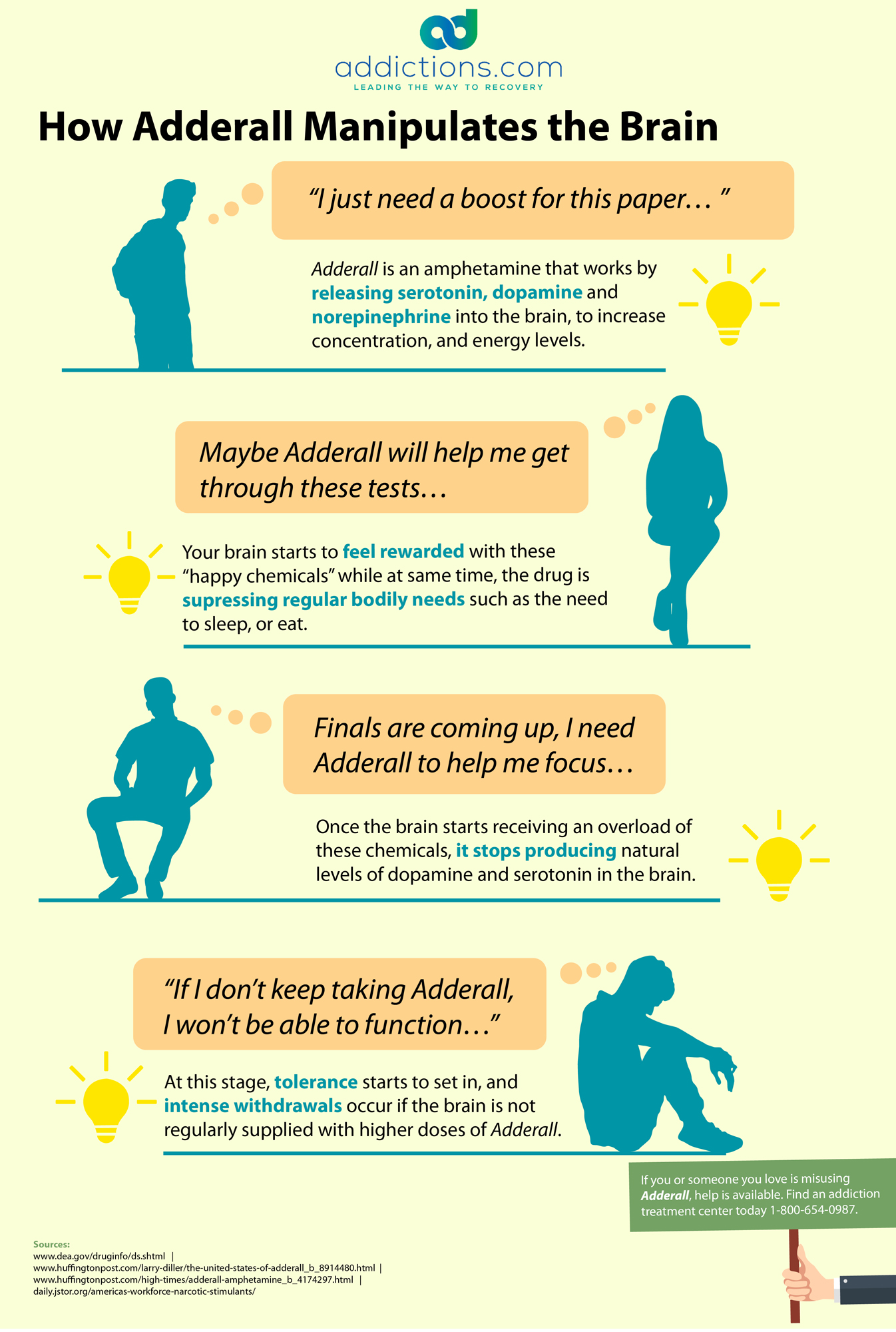


This drives further amphetamine consumption, which in turn intensifies the dependence which is present in the affected user, creating a vicious circle which, again, can typically only be broken via treatment (in particular, detoxification).Ī significant number of environmental risk factors for amphetamine addiction have been identified, including: The more severe the dependence, the more, and more frequently, amphetamine needs to be consumed in order for the user to avoid the negative psychological effects of depleted levels of the neurochemicals in question.

Specifically, the user’s system becomes accustomed to experiencing the frequently elevated levels of chemicals such as dopamine and serotonin resulting from regular amphetamine use and comes to depend upon the presence of amphetamines in order to maintain hitherto “normal” levels of those chemicals and, therefore, emotional and psychological stability. That is, frequent consumption of amphetamines is substantially likely to cause psychological dependence. However, amphetamines are considered to have a moderate to high psychological dependence liability. In the case of physical dependence, the withdrawal symptoms are typically physical (though some psychological symptoms may also develop) as it is the user’s body which has become dependent, whereas psychological dependence is typically associated with psychological withdrawal symptoms some physical symptoms may manifest psychosomatically.Īmphetamine abuse is not usually considered to cause physical dependence. Dependence can be either physical, psychological or both. Addiction is frequently confused or conflated with dependence, a condition which arises when an individual takes a particular substance over sufficient time that their system becomes reliant upon the presence of that substance in order to function normally and goes into a period of abnormal functioning known as withdrawal syndrome if the substance is withdrawn from the system. This almost invariably requires treatment to be overcome. In this instance, it’s about the compulsive seeking and consumption of amphetamines. Some of the most prominent brand names for amphetamines include: Some amphetamines and derivatives are marketed around the world as medications, with different levels of legal restriction and control applied. Still, amphetamine is also found in compound salts including amphetamine sulphate (the most frequently found form), amphetamine phosphate, amphetamine saccharate, amphetamine hydrochloride and amphetamine aspartate.

#Amphetamine withdrawal free#
The free base of amphetamine is a colourless liquid at room temperature. While all amphetamines and substituted amphetamines have stimulant properties, their precise effects can vary substantially. Meanwhile, the many various drugs in the substituted amphetamine class have amphetamine molecules as a “spine”, with different arrangements of other atoms and molecules around it. An amphetamine molecule consists of nine carbon atoms, thirteen hydrogen atoms and a nitrogen atom in the formula C9H13N. THe latter is the more potent of the two, though both are used medicinally to treat ADHD and other disorders. Analysing amphetamines chemistryĪmphetamine is more properly known as alpha-methylphenylamine and exists in combination or individually as two enantiomers (molecules that are mirror images of each other): levoamphetamine and dextroamphetamine. Amphetamine (especially crystal meth) addiction is a very prominent social problem worldwide. Amphetamines are also considered significantly psychologically addictive. Regular use could have an array of long-term implications for physical and mental health. Amphetamine use can be extremely hazardous, with even one instance of consumption potentially leading to death by overdose. When taken recreationally, amphetamines are usually consumed for their stimulating, euphoric and aphrodisiac properties and are commonly found in clubs, raves, festivals, and underground activities such as sex parties.


 0 kommentar(er)
0 kommentar(er)
